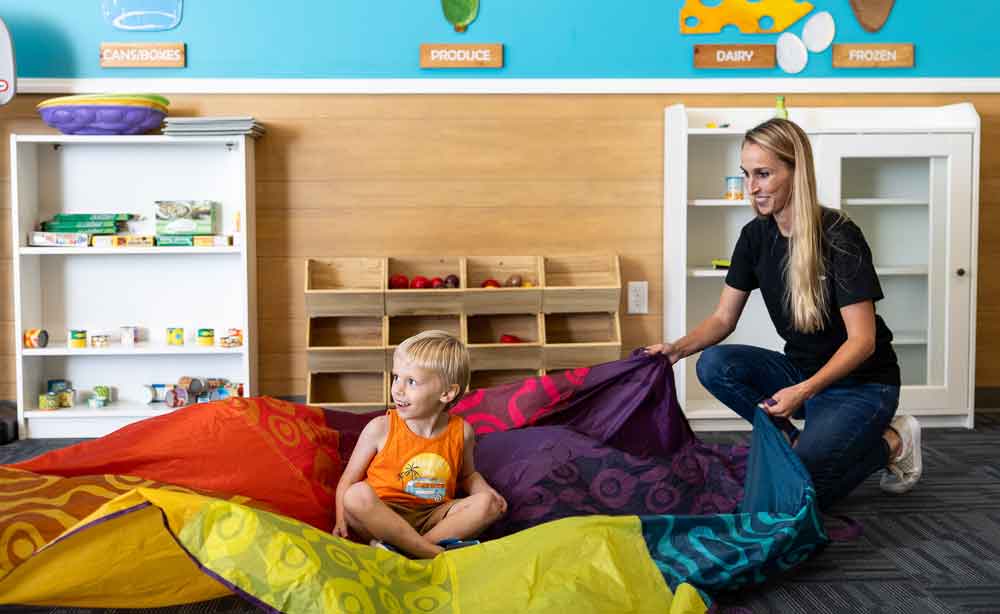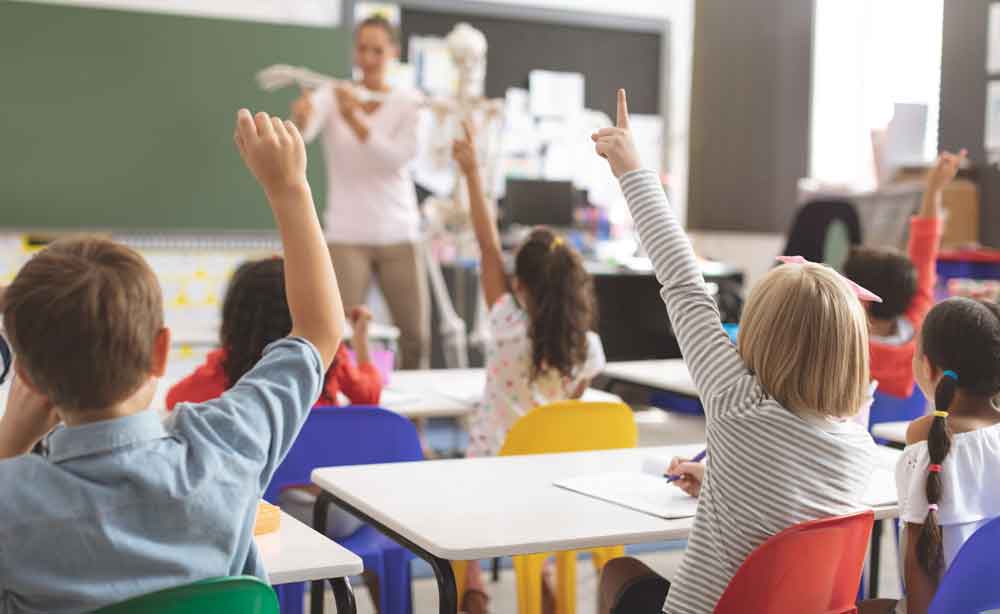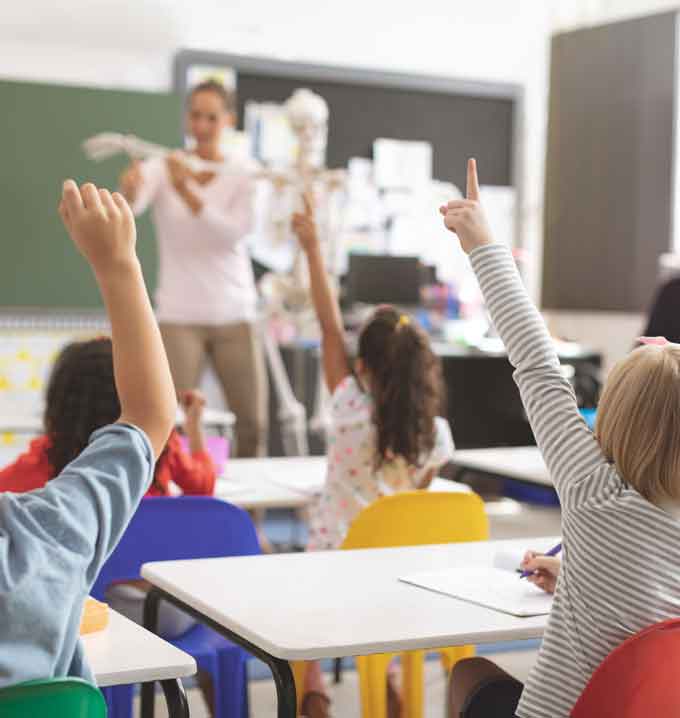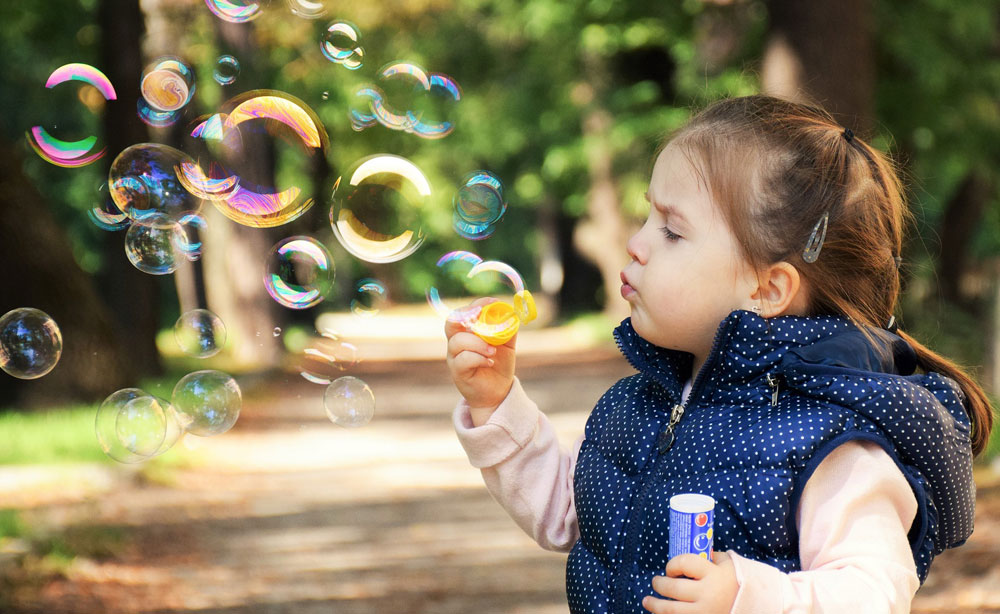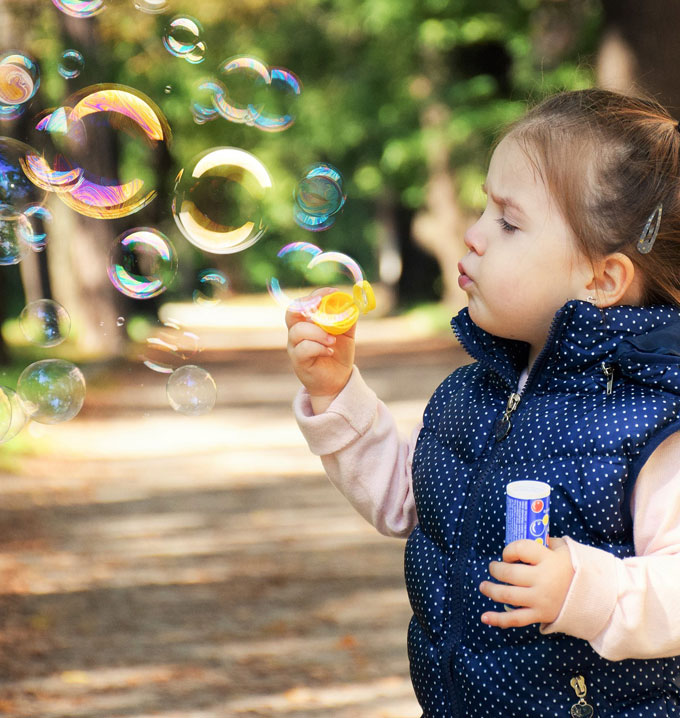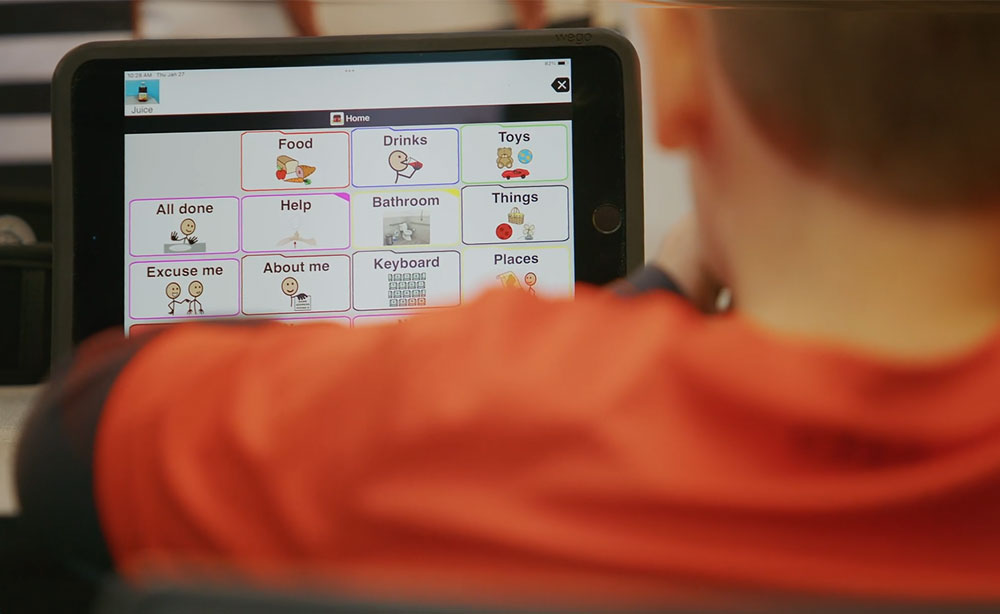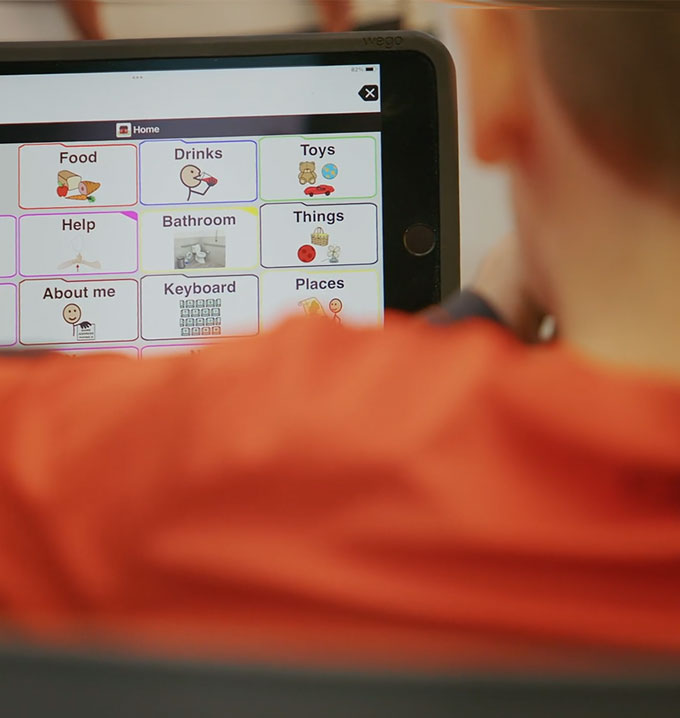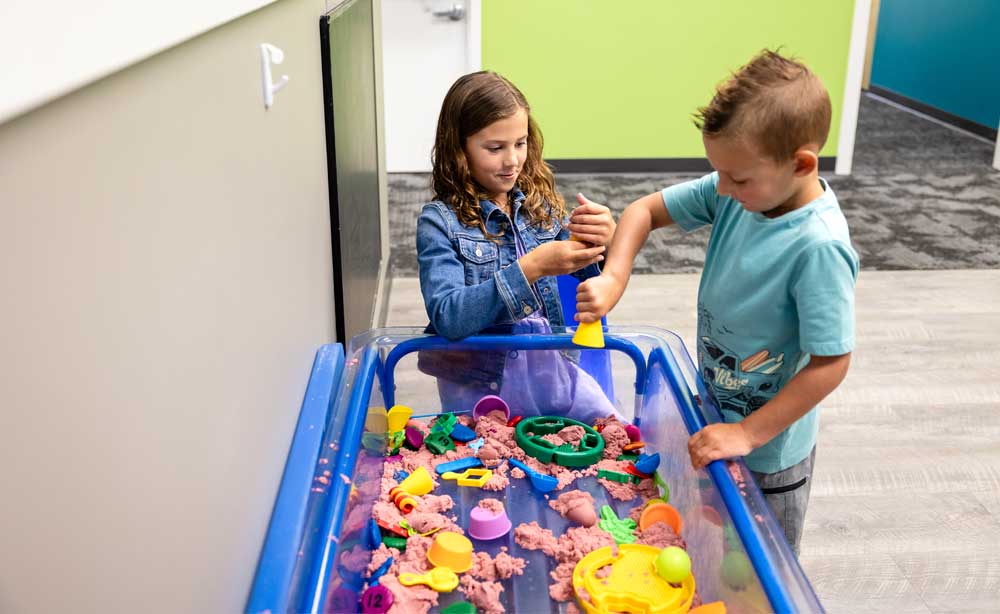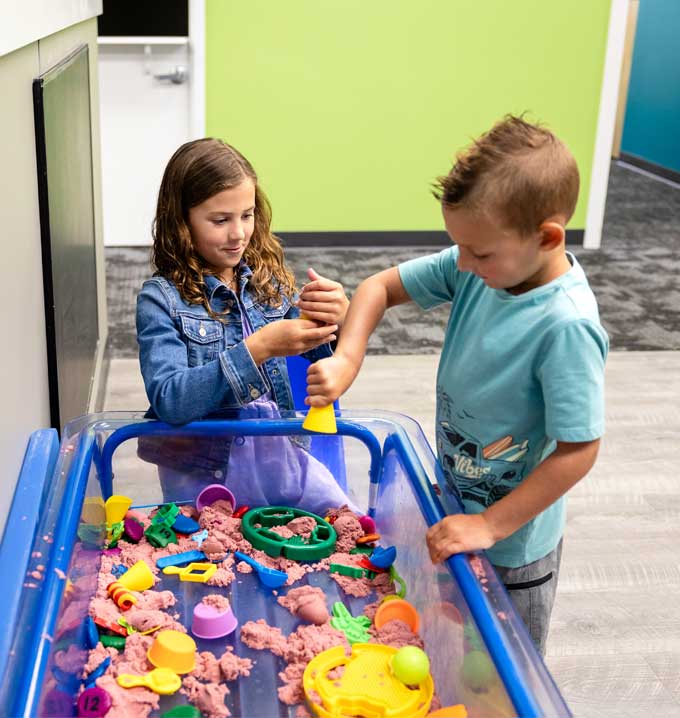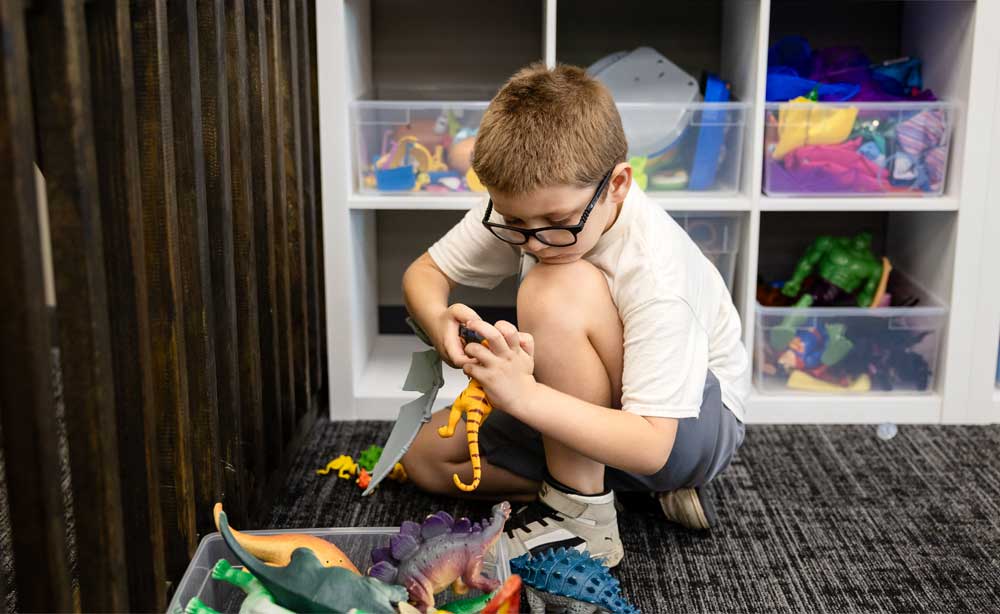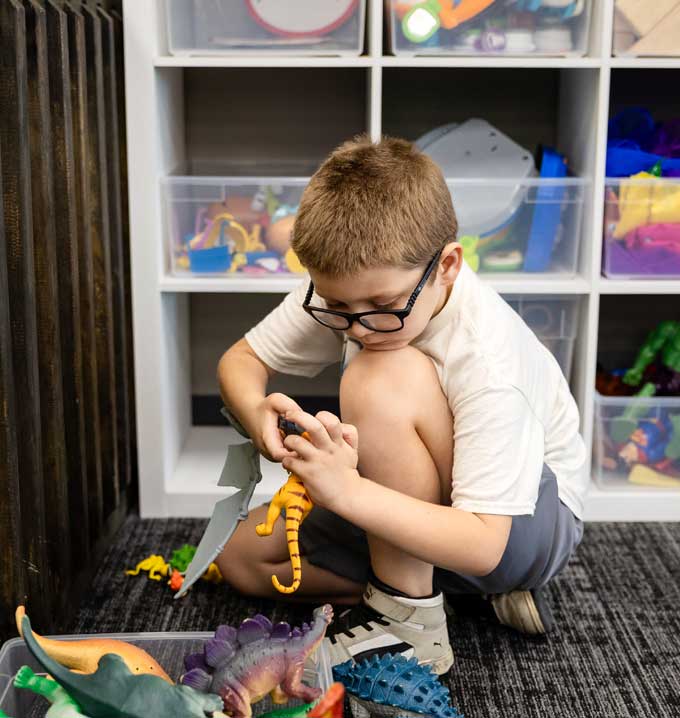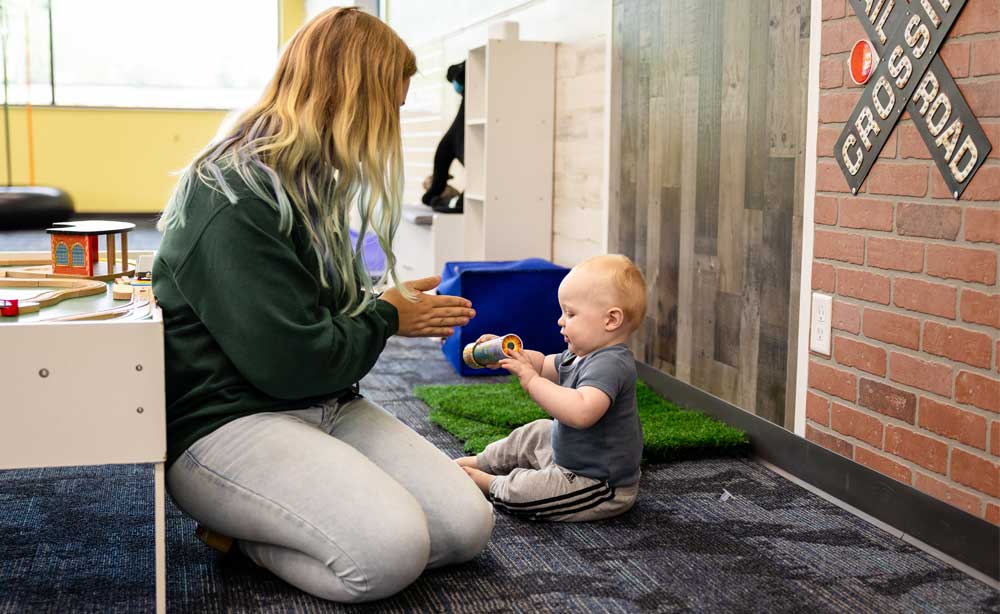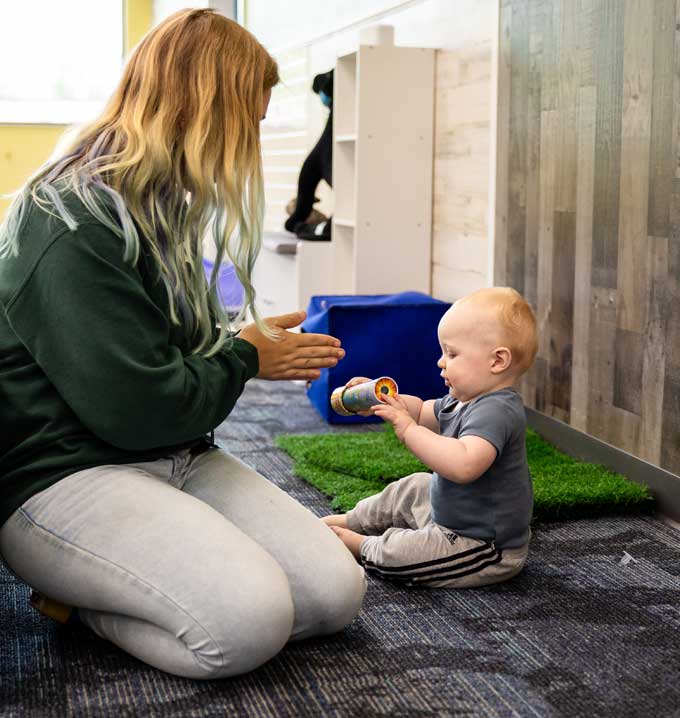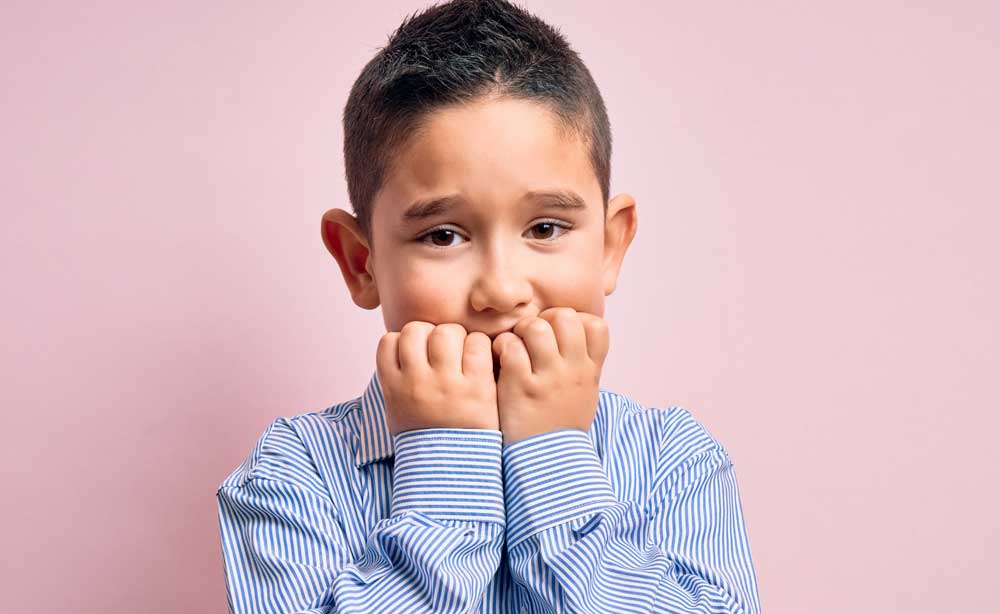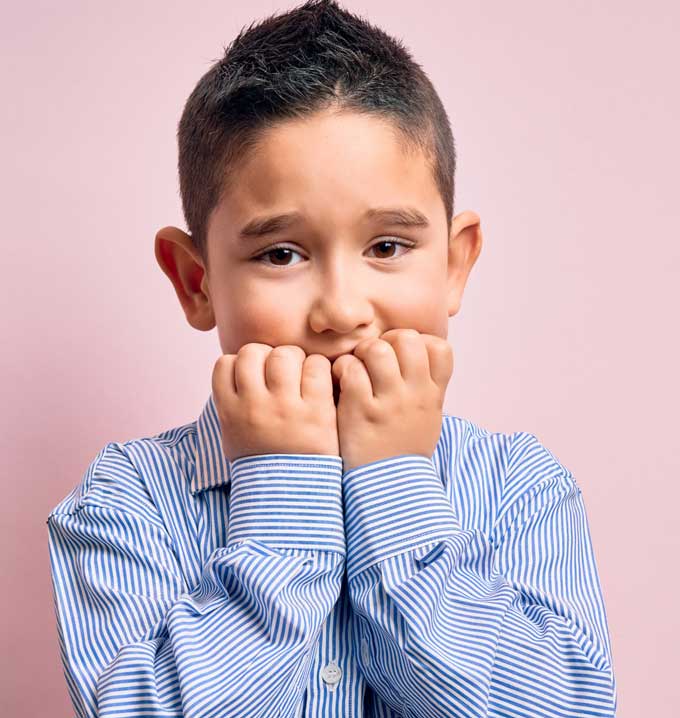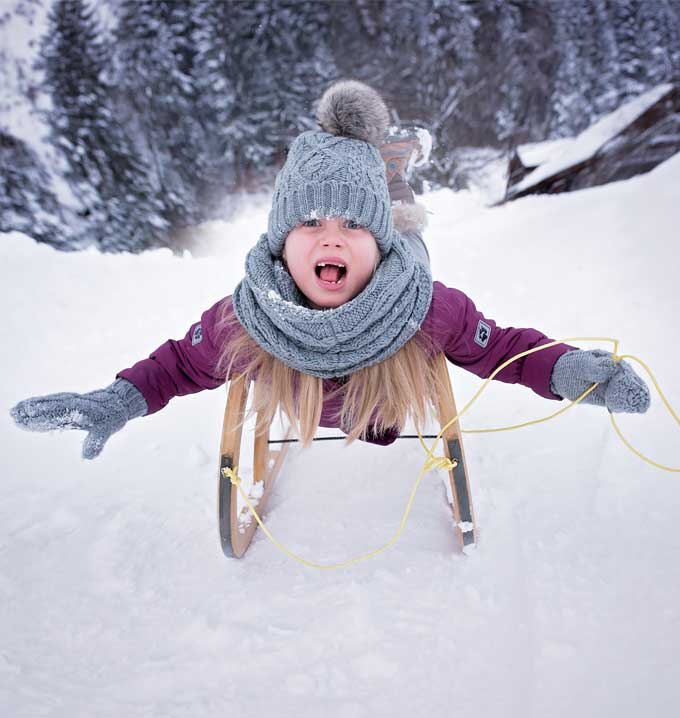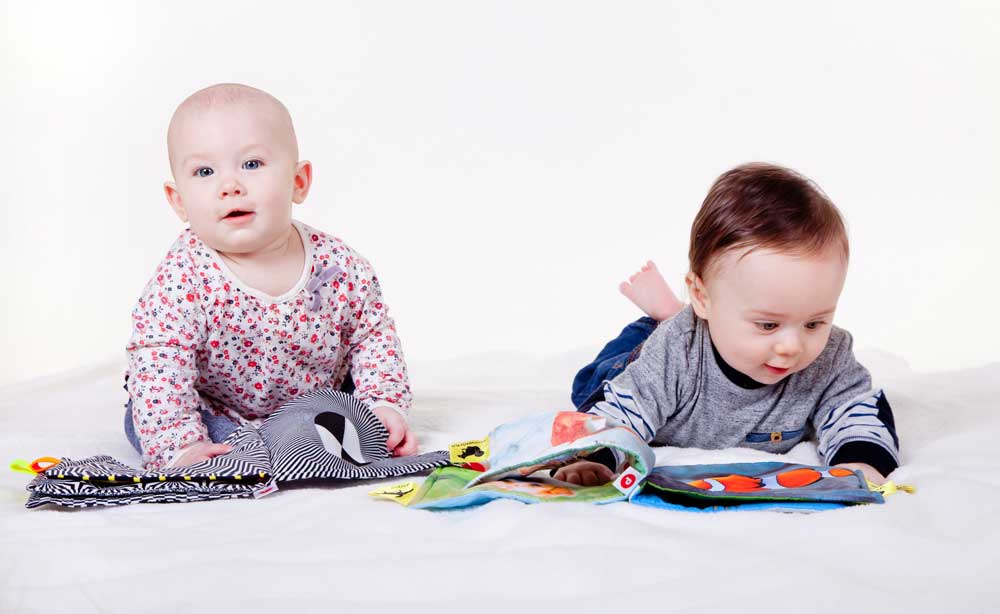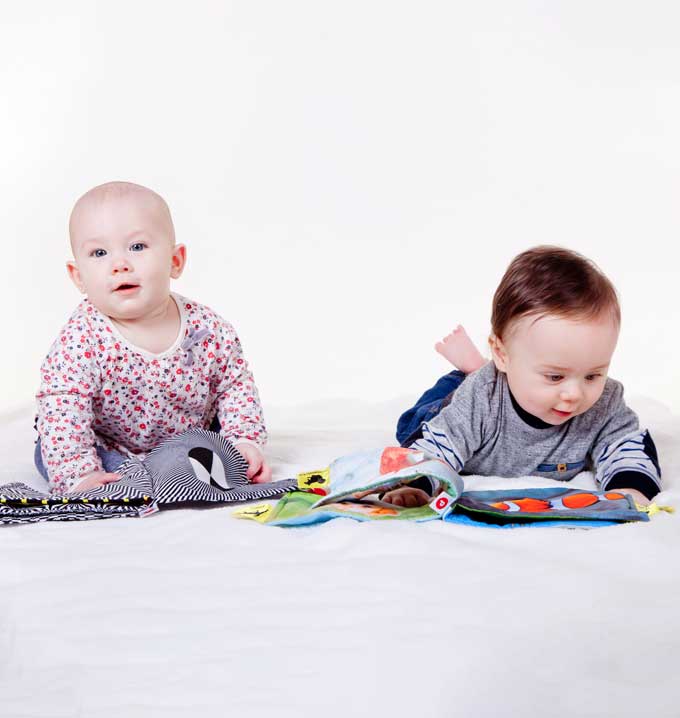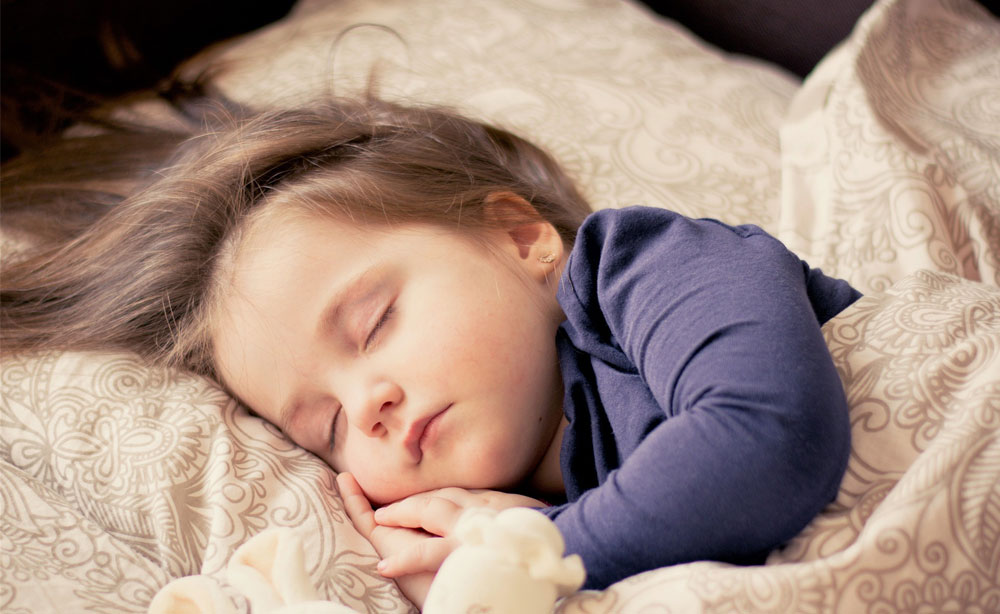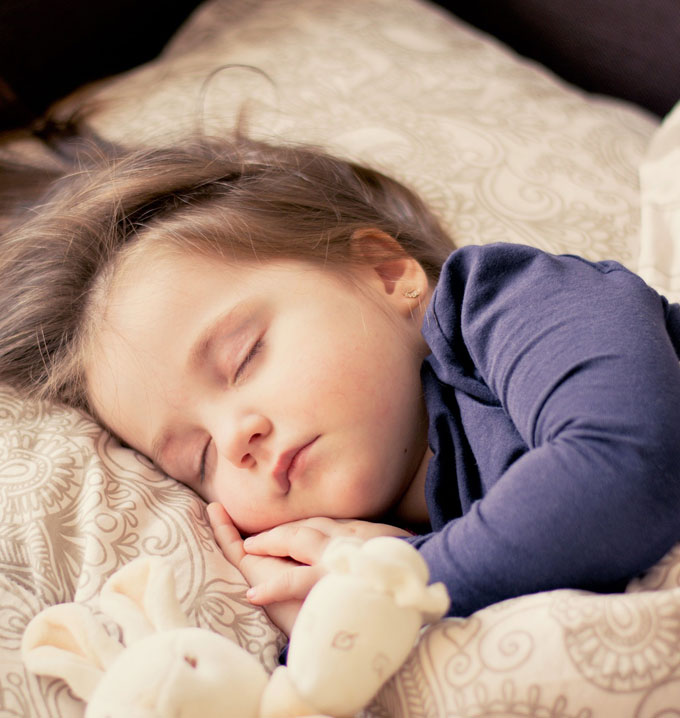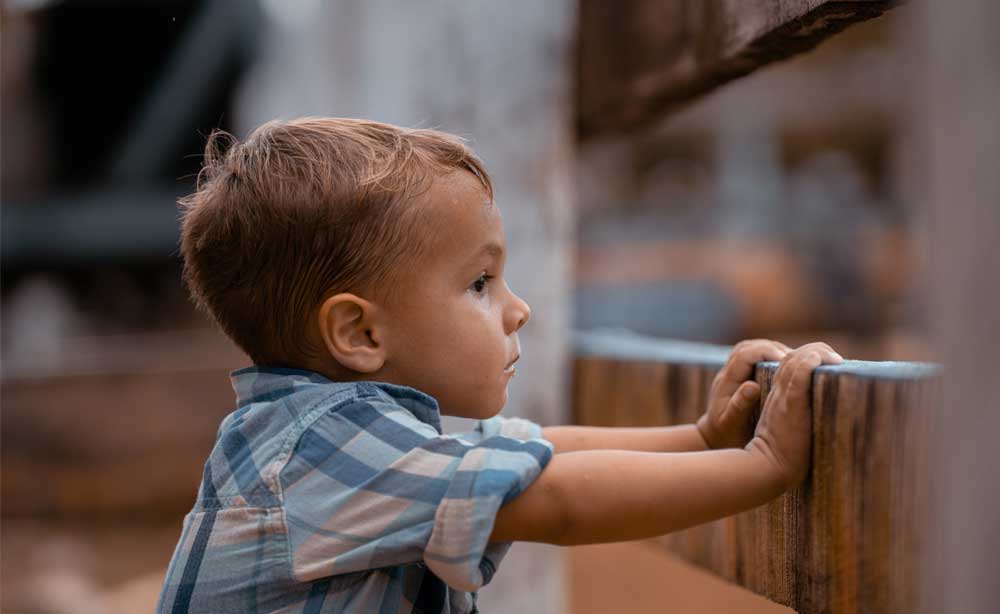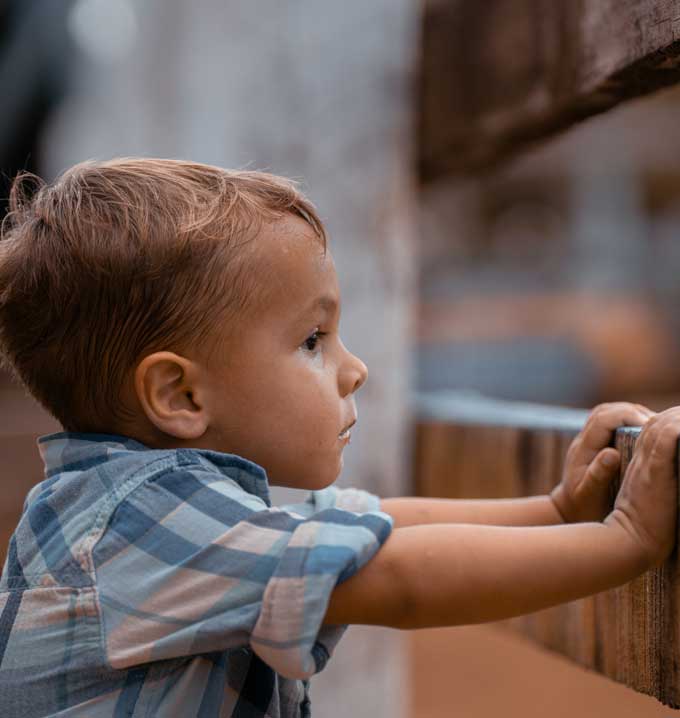Applied Behavior Analysis (ABA) is a proven therapeutic approach for supporting autistic individuals. This comprehensive guide explains what ABA therapy is, how it works, and why it has become so widely recognized as a valuable support tool for autistic children and their families.
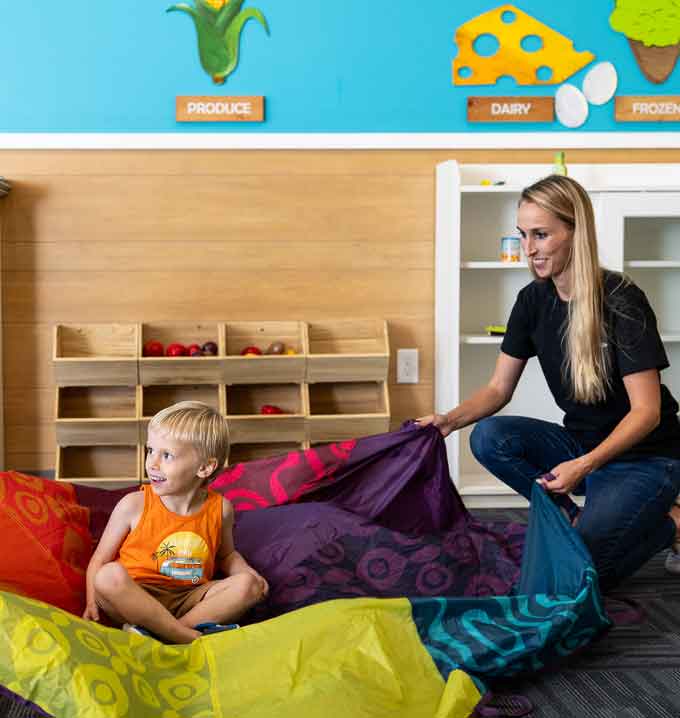
What Is Applied Behavior Analysis (ABA) for Autism?
What Is ABA Therapy?
ABA, or Applied Behavior Analysis, is a specific type of behavior therapy for autistic children and those with other developmental disorders. It is a widely recognized, evidence-based practice that is aimed at helping autistic individuals increase their social, communication, and learning skills and decrease any harmful or problematic behaviors.
When Is ABA Therapy Used?
Most children will start with ABA therapy for autism between the ages of 2 and 6 when their brains are most adaptable to change, or upon initial diagnosis. The young brain is remarkably flexible, constantly creating new pathways and connections. So, starting therapy during this window of opportunity can help autistic children make more significant strides in developing critical life skills and improving their behavior.
Some of the key scenarios where ABA therapy is used include:
- Behavior management: Autistic children often exhibit challenging behaviors such as aggression, tantrums, and even self-injury. ABA therapy breaks down these complex behaviors and provides strategies to reduce them and encourage positive replacement ones.
- Skills development: ABA helps children acquire various skills, including:
- Communication: Enhanced verbal and non-verbal communication skills.
- Motor skills: Improving coordination, fine motor abilities like holding a pencil, and gross motor skills like running or jumping.
- Social skills: Interacting with peers and adults, understanding social cues, and building relationships.
- Daily living skills: Self-care tasks like dressing, grooming, and hygiene.
- School readiness: ABA therapy prepares autistic children for school environments by teaching them to follow instructions, complete tasks, and engage in classroom activities. ABA can also support academic performance through individualized teaching strategies.
- Transition support: ABA therapy also helps children transition smoothly between different activities or environments, reducing their anxiety and improving their adaptability.
- Routine and structure: ABA therapy is a great way to help autistic children understand and follow daily routines.
How Does ABA Therapy Work?
If your child has been diagnosed with autism, Applied Behavior Analysis is one of the best resources available to you. ABA therapy typically starts with a thorough assessment from a Board Certified Behavior Analyst (BCBA). The BCBA will assess your child’s current skills, preferences, and behavior patterns, typically through in-person meetings, observation, and standardized assessments.
Based on their findings, the BCBA, along with input from the autistic individual and their family or caregivers, will set specific, measurable goals to work toward. From there, the behavior analyst will develop a tailored intervention plan that includes strategies and techniques to teach new skills and manage behaviors. ABA techniques often include:
- Reinforcement systems: Providing rewards or praise to encourage desirable behaviors and implementing consequences for challenging behaviors.
- Task analysis: Breaking down complex tasks into smaller, manageable steps and teaching each step individually.
- Prompting and fading: Using prompts to guide the autistic individual toward the desired behavior and gradually reducing these prompts as they become more independent.
- Generalization of skills: Ensuring that learned behaviors and skills are applied across various settings, such as home, school, and social situations, to promote independence and consistency.
Positive reinforcement plays a significant role in Applied Behavior Analysis, encouraging autistic children to repeat certain behaviors by providing them rewards or opportunities to participate in their preferred activities when they demonstrate a preferred behavior. Essentially, making the preferred behavior more rewarding for them to engage in, than others that might be less preferred. On the other hand, negative behaviors are discouraged through negative consequences. For example, if your autistic child is throwing a tantrum over a specific toy, the therapist may take the toy away until they calm down and show a willingness to cooperate.
The aim is that, over time, the children receiving therapy will start to make connections between what is socially acceptable behavior and what isn’t, and the desired behaviors will follow them into the real world.
How Long Does ABA Therapy Last?
Effective ABA Therapy is highly individualized, so this question has no easy answer. Every autistic child will have different needs and program requirements. While early intervention often involves more intensive, full-time programs that maximize learning during crucial developmental periods, your child’s specific therapy timeline will be carefully determined through a thorough assessment with a BCBA.
This clinical evaluation helps create a personalized therapy schedule that aligns with your child’s developmental needs and your family’s goals. As your child progresses, their therapy plan will adapt — some children may eventually transition to a classroom setting with minimal support, while others might benefit from continued assistance through classroom aides or specialized education plans.
Why ABA Therapy is Such a Good Support Tool
Applied Behavior Analysis is a structured, evidence-based practice that is widely recognized and utilized around the globe. Its effectiveness has led to the widespread adoption of ABA therapy in various therapeutic and educational settings, helping countless individuals learn and improve valuable life skills. One of the main driving forces behind its success and popularity is its flexibility. It is a highly individualized treatment that can be developed to meet the unique needs, goals, and learning styles of each person who needs it. And it can be implemented in various settings, such as at home, school, or in community environments.
But ABA therapy is about so much more than shaping specific behaviors you want to reduce. It helps children develop other behaviors, like critical life skills, communication, connecting with others, managing their emotions, and handling daily tasks. As your children grow up, you want them to feel ready for the real world, and ABA therapy can be a powerful tool to help autistic children tackle real-life situations more confidently. Ultimately, it’s about giving children the tools they need to thrive, now and in the future.
The Lighthouse Difference: Personalized ABA Therapy for Your Child
Personalized ABA is at the core of Lighthouse Autism Center’s mission. We know that every autistic child is different, so they won’t all benefit from the same approaches to therapy. Our approach centers on creating individualized support plans that align with your child’s unique interests, strengths, and your family’s goals. This is why our highly qualified Board Certified Behavior Analysts directly oversee each child’s therapy and work closely with their family every step of the way.
The BCBA will conduct a comprehensive assessment where they carefully evaluate your child and take the time to understand themselves, their abilities, and the best ways to move forward with their ABA therapy. They will then meet with you to discuss and set meaningful goals that actually matter to your family and your child. This careful attention to individual needs ensures that, while each therapy program may look different, they will be tailored specifically to help your child thrive and reach their full potential.
Looking for ABA therapy near you that caters to your autistic child and your family goals? Discover the Lighthouse Way.


